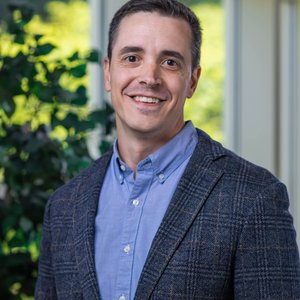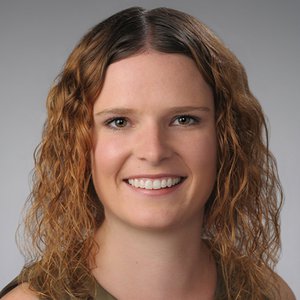HS11: The Central New York Early Americas Consortium
About
The Central New York Early Americas Consortium is a regional collaboration of faculty and graduate students of early North American, Caribbean, and Latin American history. We foster a transnational approach to the history of the early Americas.
Open to New People
Active since: 2020
- Syracuse University
- Cornell University
- Colgate University
Collaborative Goals
This consortium fosters collaboration and exchange among History faculty and graduate students who study the early Americas, broadly defined to span from c.1400 to c.1800. By adopting an expansive geographic perspective that includes North, Central, and South America and the Caribbean, we promote scholarly discussion across present-day national boundaries. As scholars whose work draws on documents in Spanish, French, Portuguese, English, and a number of Native American and African languages, we are also committed to using linguistic diversity to incorporate a range of historical actors.
Creating a forum for regular interactions and exchanges between faculty and graduate students from institutions across Central New York serves several goals. First, the consortium will give historians from the region an opportunity to interact without having to travel to larger national or international conferences. Although all participating Corridor institutions have at least one early American historian on faculty, many of these individuals have not yet had the chance to meet. The consortium will allow them to develop working relationships with colleagues, laying the groundwork for future collaborations such as conference panels, talks, and colloquia.
Graduate students will also benefit from interacting with faculty and fellow students throughout the region, allowing them to widen their scholarly and professional networks. As cohorts of History graduate students continue to shrink, the consortium will offer a built-in regional peer group for MA and PhD students, while consortium-sponsored events will be critical to students’ professional development. By providing historians at various stages of their careers with opportunities to receive feedback on work in progress, the consortium will serve as a forum for peer review, an essential element of producing good scholarship.
Our working group will continue to meet, circulate, and offer feedback on work in progress each semester.
Group Organizers



Group Members
- Lydia Biggs, PhD Student, Syracuse University
- Jeff Baron, PhD Student, University of Rochester
- Ernesto Bassi, Associate Professor, Cornell University
- Claire Becker, PhD Student, University of Rochester
- Marcos Pérez Cañizares, Graduate Student, Cornell University
- Daniel Dawson, Graduate Student, Cornell University
- Marcos Perez Canizares, PhD Student, Cornell University
- Holly Kuhl, Graduate Student, Syracuse University
- Richard Newman, Professor, Rochester Institute of Technology
- Jon Parmenter, Associate Professor, Cornell University
- James Rankine, Graduate Student, University of Rochester
- Daniela Samur, Graduate Student, Cornell University
- Pablo Sierra Silva, Associate Professor, University of Rochester
- Amber Shoopman, Graduate Student, Syracuse University
- Alice Wynd, Graduate Student, University of Rochester
- Aaron Luedtke, Assistant Professor, Syracuse University
- Deborah Hamer, Director, New Netherlands Institute
- Nicholas Meyers, Postdoc, Harvard University (formerly a graduate student at Cornell University)
- Ernesto Mercado Montero, Dartmouth University
Activities
Group Outcomes
Ryan Hall's publication in Western Historical Quarterly
Patterns of Plunder: Corruption and the Failure of the Indian Reservation System, 1851–1887.